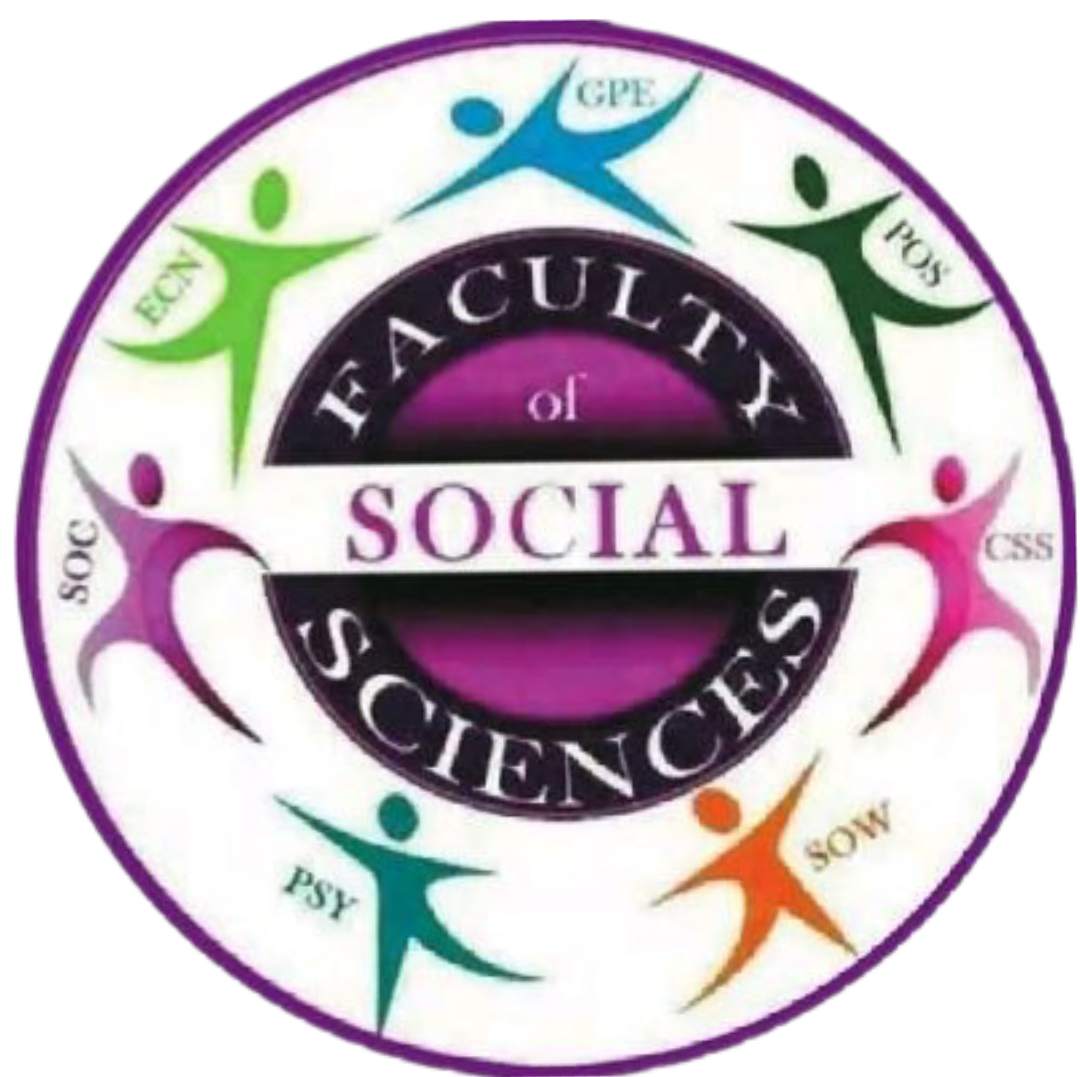





In today's fast-paced and evolving world, the value of education is sometimes questioned. The rise of online scams, get-rich-quick schemes, and stories of self-made billionaires who dropped out of school have led some to doubt whether education is truly a pathway to success. However, labeling education as a scam is a misinterpretation of its purpose and benefits. Education is not a scam; it is a transformative tool that empowers individuals, fosters personal growth, and contributes to societal development.
Firstly, education equips individuals with knowledge and skills. The knowledge gained through formal and informal education enables people to think critically, solve problems, and make informed decisions. Whether learning arithmetic in primary school or mastering coding in university, the skills acquired are often the foundation for personal and professional growth. Critics who claim education is unnecessary overlook the fact that even the most self-made individuals often rely on the foundational skills they learned during their formative years.
Secondly, education provides opportunities for upward mobility. For many, education is a gateway to better job prospects and improved living standards. A degree or certification often serves as proof of competence in a particular field, increasing employability. While some argue that not everyone benefits equally from the education system, this discrepancy stems more from systemic inequalities than the concept of education itself. Efforts to make education accessible and inclusive are critical for ensuring its benefits are distributed fairly.
Moreover, education fosters critical thinking and creativity. It encourages individuals to question the status quo, innovate, and contribute meaningfully to their communities. The idea that education stifles creativity is a misconception; in reality, it provides a foundation upon which creativity can thrive. Fields such as science, art, and technology exemplify how education and creativity go hand in hand to drive progress.
Another key aspect of education is its role in societal development. An educated populace is better equipped to address social issues, participate in governance, and contribute to economic growth. Education promotes awareness of global challenges such as climate change, inequality, and healthcare, inspiring individuals to seek solutions. Communities with higher levels of education often enjoy lower crime rates, better health outcomes, and greater civic engagement, proving its far-reaching impact.
In today's fast-paced and evolving world, the value of education is sometimes questioned. The rise of online scams, get-rich-quick schemes, and storie...
anonymous
Wise words